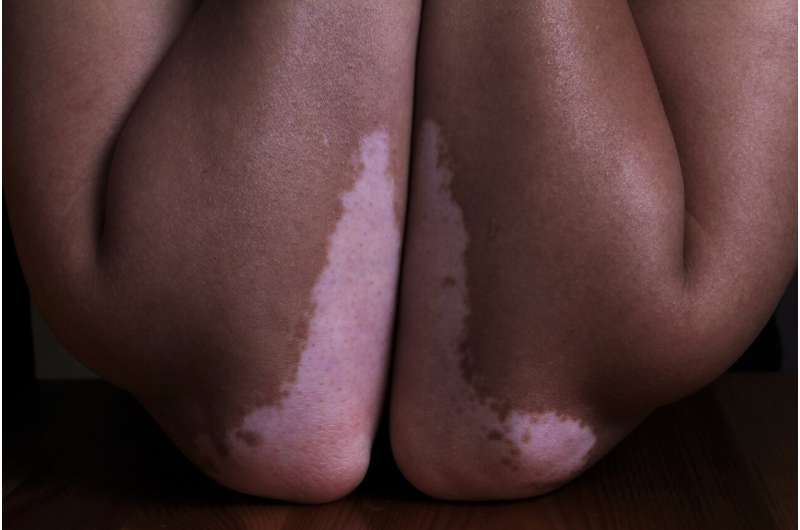High Burnout Rates Among UK Obstetricians and Gynecologists Highlight Urgent Need for Support

A recent UK survey reveals alarming burnout levels among obstetricians and gynecologists, highlighting the critical need for systemic support and improved working conditions to protect clinicians and patient safety.
A recent comprehensive survey conducted in the UK reveals alarming levels of burnout among obstetricians and gynecologists, a trend that has worsened significantly since the COVID-19 pandemic began. The study, published in Acta Obstetricia et Gynecologica Scandinavica, shows that over 70% of doctors in these specialties now meet the criteria for burnout, a condition characterized by emotional exhaustion, depersonalization, and reduced personal accomplishment.
The survey analyzed responses from 1,114 medical professionals in 2022, compared with 3,102 responses in 2019, before the pandemic’s major impact. The results indicate a dramatic increase in burnout rates from 36% pre-pandemic to 72% post-pandemic. Younger doctors, particularly residents, are most affected, with up to 80% showing signs of burnout. Additionally, mental health concerns such as suicidal thoughts, depression, and anxiety have also risen sharply, with 9% of respondents reporting suicidal ideation—up from 3% previously.
Researchers from Imperial College London attribute these high burnout levels to intense workload, systemic issues within healthcare organizations, and a lack of autonomy in work schedules. Professor Tom Bourne emphasized that burnout not only affects clinicians’ well-being but also compromises patient safety, increasing the risk of medical errors and negatively influencing professional behavior. The study points to a concerning correlation between burnout and defensive medical practices, heightened irritability, and sleep disturbances.
The findings are consistent with other national data, including the 2023 General Medical Council survey, which showed high burnout risk among trainees and trainers in the UK. Experts urge healthcare organizations to implement supportive policies, improve work schedules, foster positive workplace cultures, and address systemic issues contributing to clinician stress. Such measures are critical to safeguard both healthcare providers' mental health and the quality of patient care.
In response to these findings, leaders like Dr. Alison Wright of the Royal College of Obstetricians and Gynecologists underscored the urgency of improving working conditions to support clinicians and maintain high standards of care. The study serves as a clear call to action for healthcare policymakers to address the systemic root causes of burnout and protect the well-being of medical professionals.
Stay Updated with Mia's Feed
Get the latest health & wellness insights delivered straight to your inbox.
Related Articles
Depression Risk Elevated in Patients with Vitiligo, Especially Among Black and Hispanic Populations
Research reveals that vitiligo significantly increases depression risk, especially among Black and Hispanic populations, emphasizing the need for integrated dermatologic and mental health care.
UK Study Reveals Strengths of LGBT Adolescents During Pride Month
A UK study highlights the resilience and strengths of LGBT adolescents, emphasizing their social connections and positive attributes amidst Pride Month celebrations.
Innovative Digital Therapy Shows Promise for Mental Health Support in Parkinson's Disease
A groundbreaking study reveals that digital mental health interventions, especially online therapy programs like PACT, can significantly improve well-being for individuals with Parkinson's disease, offering accessible and effective support.
Impulsive Traits and Personalized Interventions for Harmful Alcohol Use
Recent research reveals that different impulsive personality traits significantly influence high-risk alcohol use. Personalized interventions based on these profiles can improve prevention and treatment strategies for alcohol-related issues.



